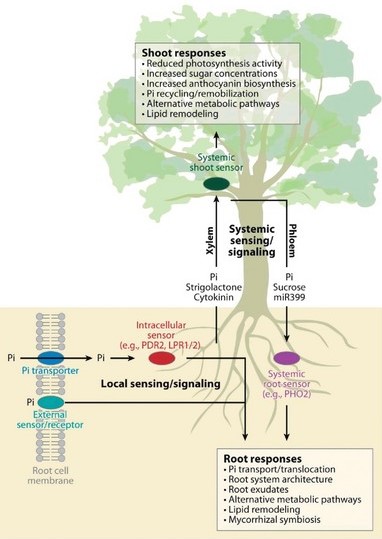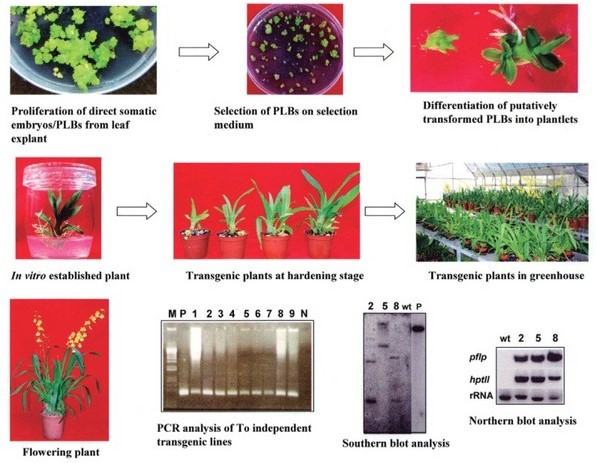Integrative Plant Stress Biology
Agriculture is facing severe challenges, such as global climate change, exhausted resources and reduction of arable lands. Advances in transgenic and molecular breeding technologies may offer potential solutions to these agricultural problems. In compliance with this trend, ABRC established the "Integrative Plant Stress Biology" (iPSB) Research Program to study the mechanism underlying plant stress and to improve the abilities of crops to cope with adverse environments.
Our strategy is to integrate interdisciplinary resources, skills and facilities in our R&D pipeline and to further translate gained knowledge into practice. Rice, tomato, orchids and other important crops have been identified as major targets for investigation. In parallel, Arabidopsis is used as a model species for studying the regulatory mechanisms of plants under stresses and discovering novel genes implicated in the resistance or tolerance to environmental stresses. The iPSB program has laid a strong foundation for success in this research area by using genomics, proteomics and bioinformatics approaches coupled with DNA microarray, high- throughput DNA sequencing and mass spectrometry techniques. Currently, we are actively studying plant responses to several abiotic and biotic stresses, such as drought, high salt, extreme temperature, flooding, phosphate starvation and heavy metal toxicity, and have formed an integrative team dedicated to achieve the common goals in a collaborative effort.
In addition, we have launched a plant transformation group for specific target plants, aiming at harvesting or validating the usefulness of stress-tolerant genes that have been isolated from model species and evaluating the possibility of plant resources for bio-reactors. Our research is expected to produce high quality, value-added and environmental friendly agricultural products that will help the development of sustainable agriculture in Taiwan.



